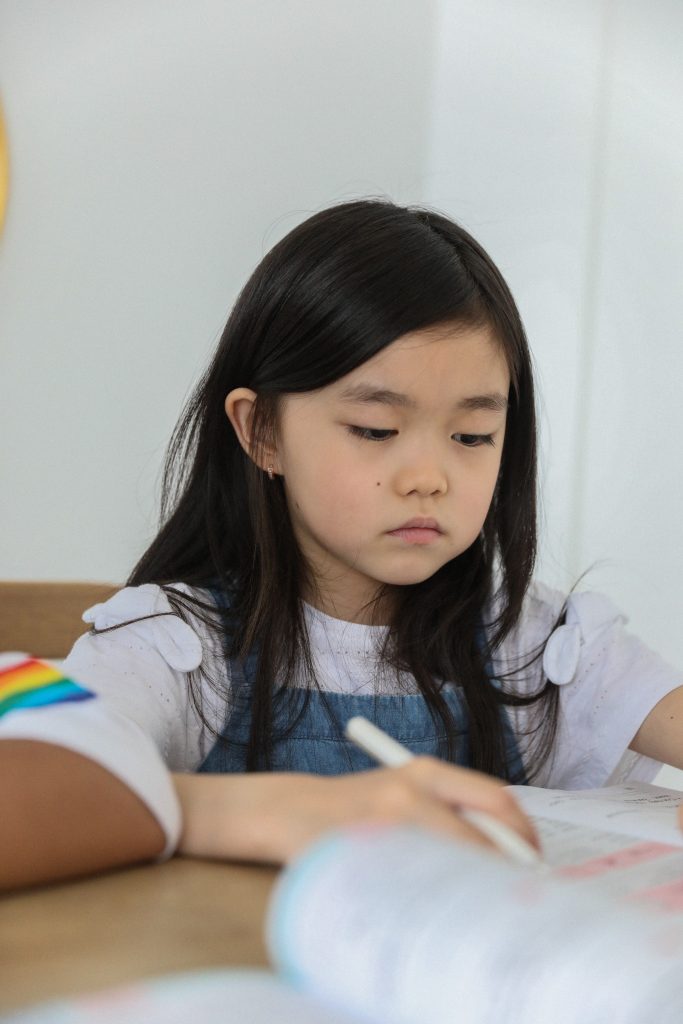8 Hurtful Things Parents Tell Children

Hey, Psych2Goers! Before we get started, this is a disclaimer that this article isn’t meant to diagnose, treat, or cure anyone. It is for informative purposes only, so if you or someone you know may be struggling, we urge you to seek professional help from a therapist or another trusted professional.
Do you have a good relationship with your parents? How you were raised is one of the biggest factors that determine who you are. Your parents and environment shape your personality, interests, and ideals much more than what most people realize. However, parents are human too. As much as you may idolize them and want to follow in their footsteps, they make mistakes as well. There are many harmful behaviors and phrases they could use that damage their child’s mental health without even knowing. This emotional trauma can affect both the child and parent down the line and will likely strain their relationship. Whether you’re already a caregiver looking for phrases to avoid or a child seeking information, these 8 hurtful things parents tell children may help you become more aware!
1. You’re so dramatic, grow up
Have you ever been told you’re too dramatic? As a child, you may have been upset about something that wasn’t objectively a big deal. However, the keyword is “objectively.” While the problem might not have been that bad rationally speaking, the emotions you felt were still important. When parents dismiss how their child is feeling, it can make them feel as if their emotions aren’t valid and don’t deserve to be expressed. Telling them to grow up can also cause them to perceive adults as unfeeling and always happy, which may cause future problems with being vulnerable and communicating. The bottom line is all emotions are important, valid, and deserve to be expressed in a healthy way.

2. Why are you like this
Have you ever been asked this? How did you respond? Questions like why are you like this or what’s wrong with you tend to be used rhetorically when someone is frustrated. However, they can have many psychological impacts. A child could start believing they’re inadequate, broken, or that there’s something wrong with them. Children are extremely impressionable, so a parent saying this out of spite can scar them for years. Parents should try to avoid this phrase no matter how frustrated they get. Phrases like, “Talk to me about what’s wrong, “or, “I’m listening. Let’s talk this out,” are much better alternatives that promote healthy communication and understanding.
3. You belong to me and no one else
Are your parents protective? Many caretakers feel the natural instinct to protect their children; however, being too possessive may end up harming their emotional growth. When parents don’t let their children explore the world and experience new things, they become overreliant on guidance that won’t always be there. Telling them this phrase also suggests the idea that love is about control and ownership. In reality, people aren’t objects, and they deserve to grow and mature at their own pace.

4. As long as I’m feeding and clothing you, you’ll follow my rules
Have your parents ever guilt-tripped you using that phrase? While many parents use it to motivate children to do simple chores like cooking and cleaning, it can have some unintended consequences. For example, it could make a kid feel like a burden or that they always have to live the way their parents want. They may start to question why they were born or become frustrated and lash out. Finally, they could feel as if they’re in debt to their parents and make important decisions based upon family expectations, not their wants and needs. While children should acknowledge everything their parents do for them, parental love and support isn’t something to hold over their heads.
5. You’re too thin or overweight
Do your parents make small comments about your weight whenever you eat? While it may not sound like a big deal, it perpetuates body shaming and our society’s fixation on fitting a certain beauty standard. Always mentioning someone’s weight also may promote an unhealthy relationship with food as they may feel they’re eating too much or that eating is a chore. While it’s important to ensure your child is eating healthy, making comments about their weight or body shape only drags them down. Instead, focus on promoting a balanced diet with everything in moderation.

6. I wish you were more like…
Do your parents compare you with siblings, cousins, and seemingly anyone even semi-close to your age? When parents constantly wish their children were different, it can be detrimental to their self-esteem and cause them to constantly overexert themselves. They may always feel as if they have to compete with everyone, which may lead to burnout, exhaustion, and jealousy. If this describes you, try to remember that your achievements don’t define you, so no matter what you’re a unique, amazing person!
7. That’s the way I was raised, and I turned out fine
Have you ever objected to a decision your parents made, only to be shut down by this response? Many caretakers both subconsciously and consciously mimick the way they were raised. However, it becomes a problem when they’re unwilling to listen to their children’s problems and ideas. This close-minded mentality closes communication lines and can make children feel as if their emotions and ideas aren’t important. Instead, caretakers should try to recognize that parenting isn’t one size fits all. It’s ever-changing, so what may have worked for them doesn’t apply to everyone.

8. You were an accident
While it’s true some parents have unplanned children, telling a child this can leave long-term emotional scars, especially if it’s at a young age. A child could feel unwanted or like a burden, which could affect them throughout their entire life. Adding, “I love you anyway,” tends to not help either. Kids want to be loved unconditionally, so if you’re a parent wanting to tell your child about their conception, try to wait until they’re older or phrase it differently.
The bottom line is that parents are humans too. Being an adult doesn’t instantly make someone wiser, more understanding, or more mature. So, if your parent told you any of these things, you don’t need to feel ashamed. You’re not broken or crazy, and you don’t need to apologize. The most important thing now is working through your problems in a healthy way, such as therapy or talking to another licensed professional. Always remember to be kind to yourself as you heal as well!
Have you heard any of these phrases before? If so, which ones? How did it affect you? Feel free to leave your experience, suggestions, or feedback below!
References
- Duncan, L. G., Coatsworth, J. D., & Greenberg, M. T. (2009, May 2). A Model of Mindful Parenting: Implications for Parent–Child Relationships and Prevention Research. Clinical Child and Family Psychology Review. https://link.springer.com/article/10.1007%2Fs10567-009-0046-3.
- Faircloth, C. (2010). ‘What Science Says is Best’: Parenting Practices, Scientific Authority and Maternal Identity. Sociological Research Online, 15(4), 85–98. https://doi.org/10.5153/sro.2175
- Gryczkowski, M. R., Jordan, S. S., & Mercer, S. H. (2009, November 14). Differential Relations between Mothers’ and Fathers’ Parenting Practices and Child Externalizing Behavior. Journal of Child and Family Studies. https://link.springer.com/article/10.1007%2Fs10826-009-9326-2.



Responses